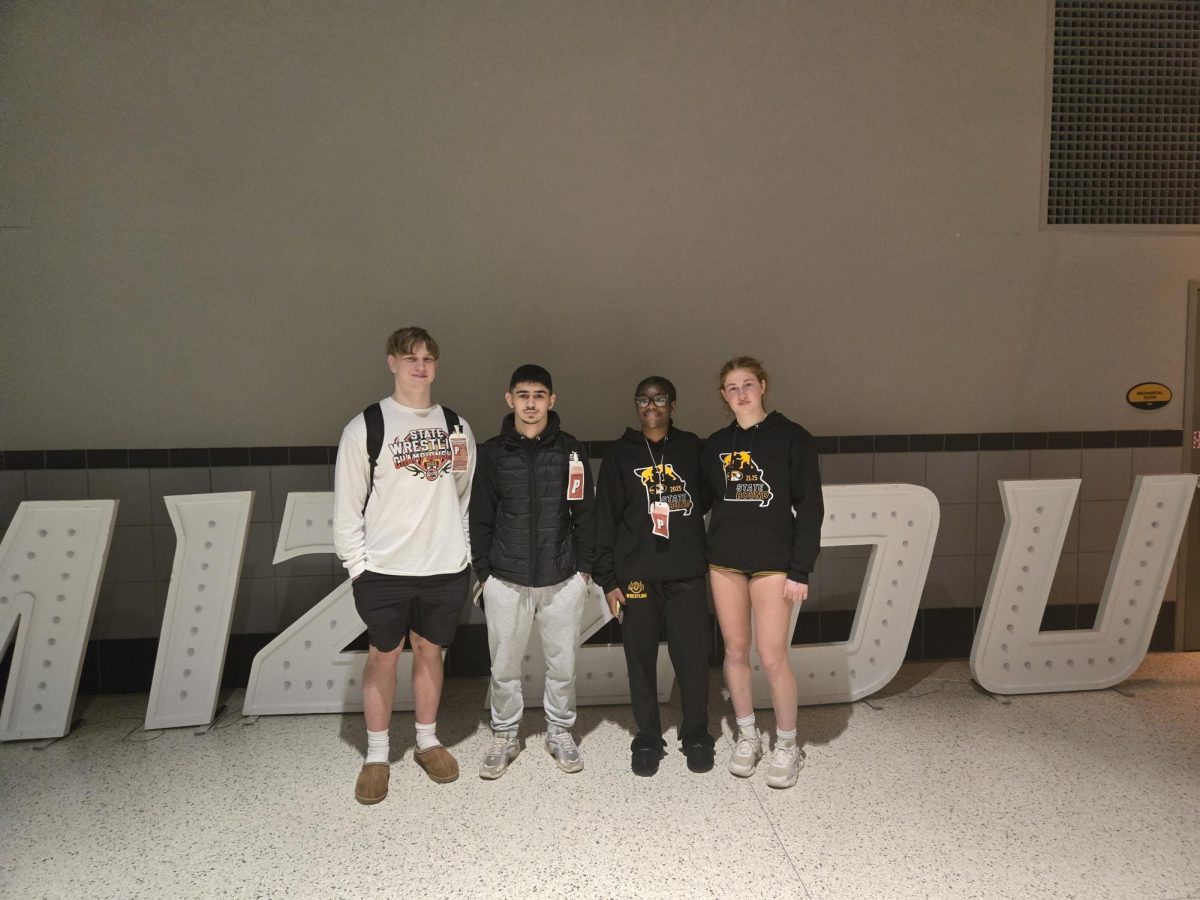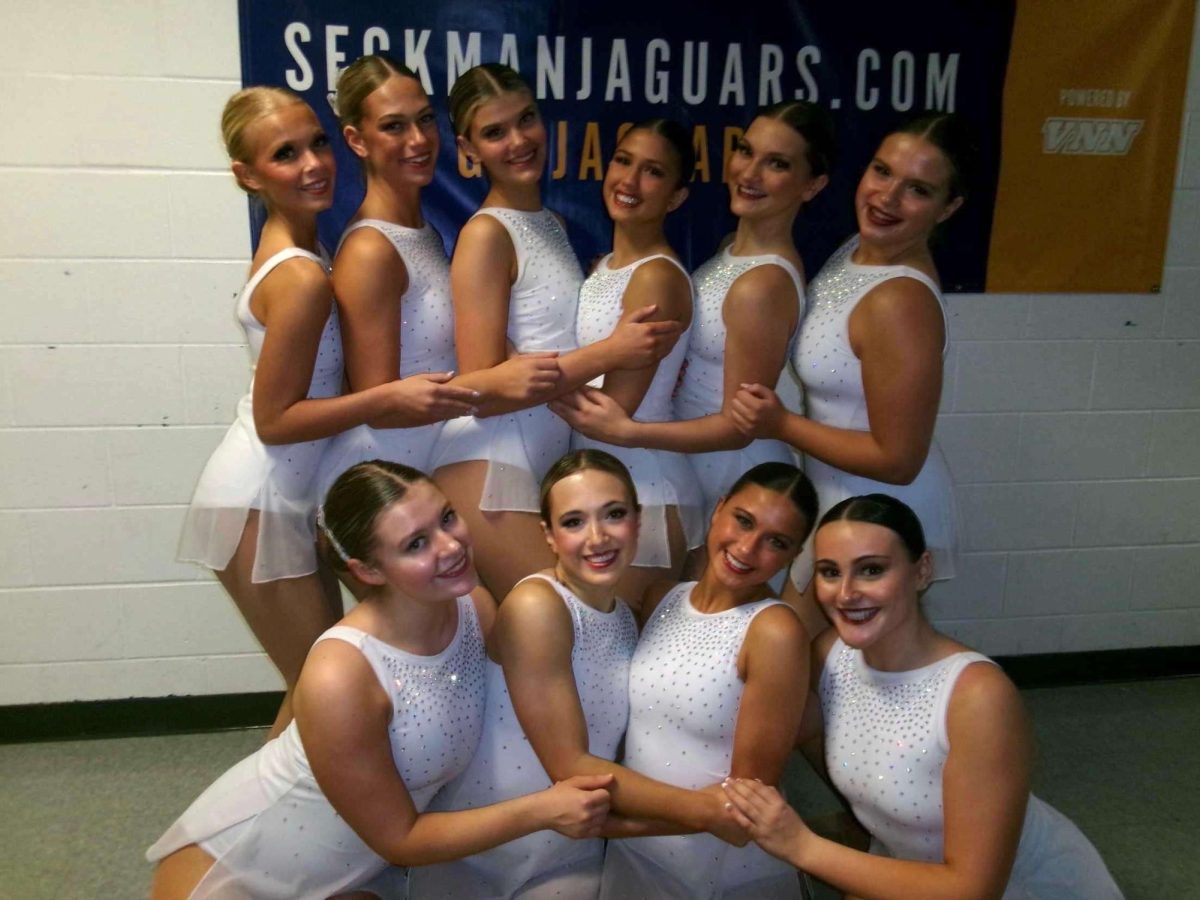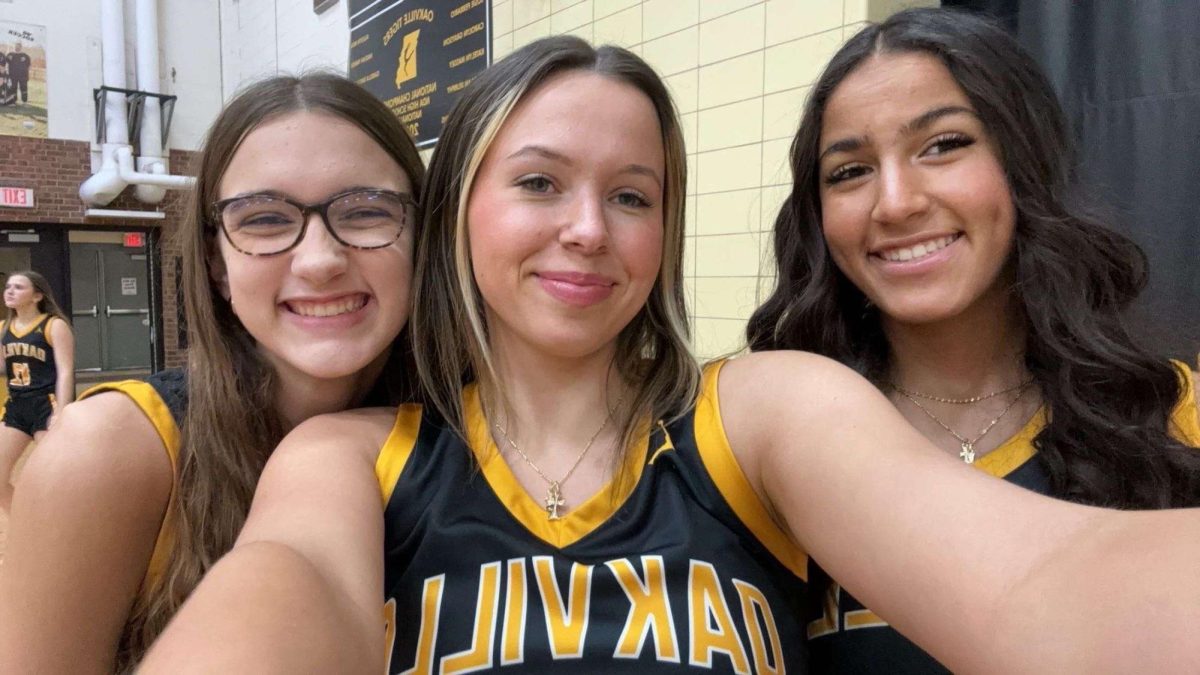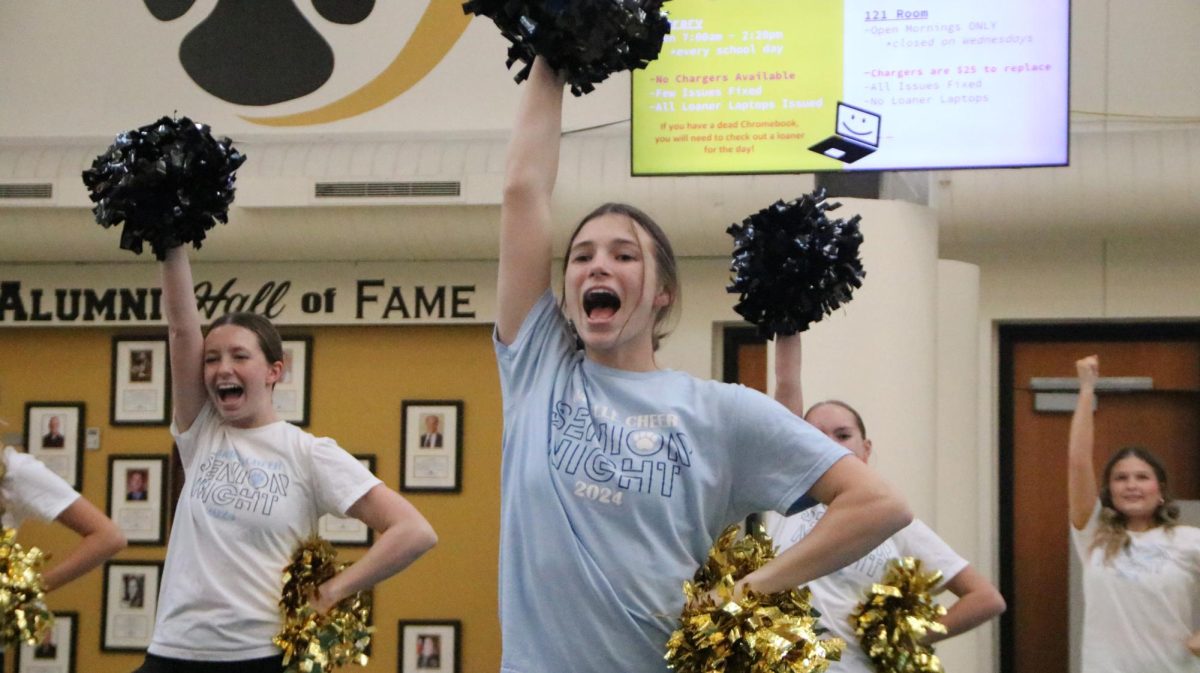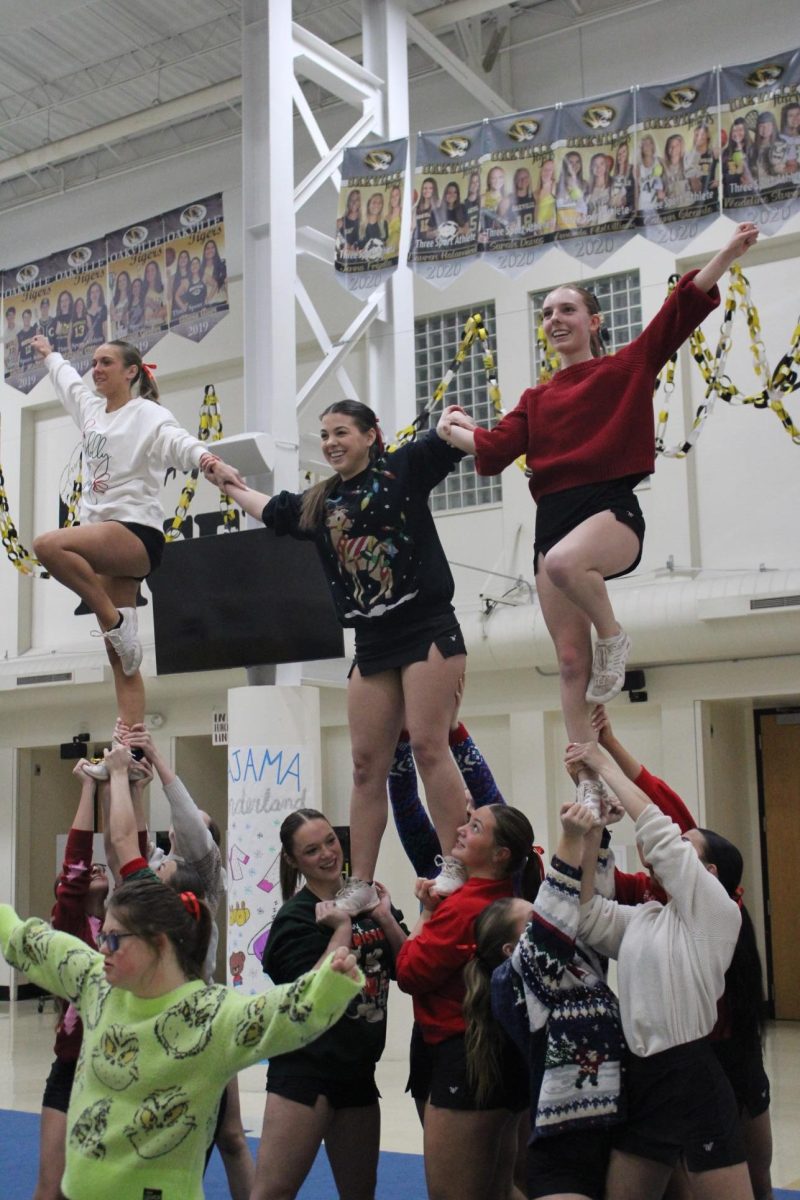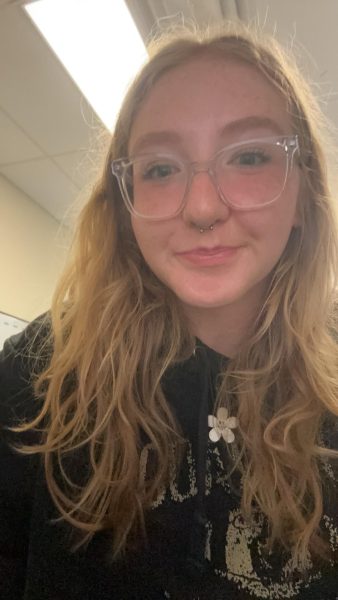As some people grow up, they think ‘what job can get me rich and successful?’ But the more important question may be ‘what job can I make a difference with while enjoying it?’ A few OHS staff started their career coaching and teaching to figure out that second question.
“I decided to become a teacher and a coach on the basis of my parents, grandparents and my aunt,” head football coach and gym and health teacher Michael Genge. “…I saw the difference they made in kids’ lives, and they enjoyed themselves — it was fun. I never felt like for the most part of their career they ever dreaded work, and I didn’t want to have a job that I dreaded, and that is what led me to it [being a teacher and coach].”
While some get their desire to be a teacher and coach from being raised around it, others desire to be like the role model that they had when a student.
“You could say my experiences with my teachers and coaches were so impactful to me personally that I had always known that was what I wanted to do,” head basketball coach Laura Bishop said. “I was very fortunate in high school to have great coaches that worked well with my personality; I owe all my high school successes to them.”
While Bishop, who teaches PE, health and Leadership, understands the impact teachers can have on students, she also appreciates the importance of bonding outside and inside of school.
“I have always enjoyed being around kids and doing what I can to help them succeed,” Bishop said. “…I would say the best memories from both are the relationships you build and are able to keep after someone graduates, talking to former athletes and students after high school.”
Although creating bonds with your athletes and students is important, there is also a point in time where you need to be teacher and student, even if you have a coach and athlete bond.
“It is hard. I try to tell kids that regardless if you play for me, when you’re a student in my class, you are a student. I am not going to give you preferential treatment. I feel like the balance is hard,” Genge said. “When you are in season, you have so many hours outside of the classroom, but at the same token don’t want to rob the kids that I have in class versus the kids that I am coaching, so I have always tried to put a great effort into my classroom.”
Even though it can be a struggle to balance both, teachers who coach gain more experience understanding students because of the time they spend with them.
“I think that as a coach, being a teacher you learn a lot more on how to read kids. I do think they have a more sense of respect for you because of the role you have,” Genge said. “When you are coaching a team, you have so many kids and you get a pretty good grasp of how to read and how they respect you. I tell my classes all the time ‘I am going to talk like a coach…but I am going to be real with you.’ I think kids respect that, and once they respect that, we’re good.”
When doing both career paths, not only is it important to understand and learn about your students, but you also develop yourself with how you are able to manage time while being the best you can be.
“Time is a scarce resource. There’s only 24 hours in a day. Trying to find the time that adequately does both jobs justice, you know, you want to be the best possible teacher in the class you can possibly be; you want to be the best possible coach that you can be,” golf coach and history teacher Rodney Gerdes said. “Finding the time to do the background work necessary to make that happen is really the biggest challenge.”


![Coach Rodney Gerdes stands with the golf team at state. "[I coach and teach at OHS because] there were teacher openings. It came with the fact there were a bunch of coaching positions...I said 'I'll coach anything' to get a job as a teacher," Gerdes said. He has been coaching and teaching since he got out of college over 20 years ago.](https://myohsonline.com/wp-content/uploads/2024/09/IMG_4629-1200x900.jpeg)
